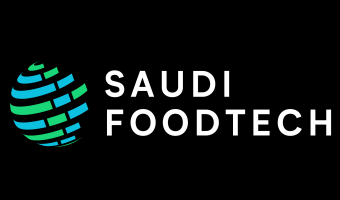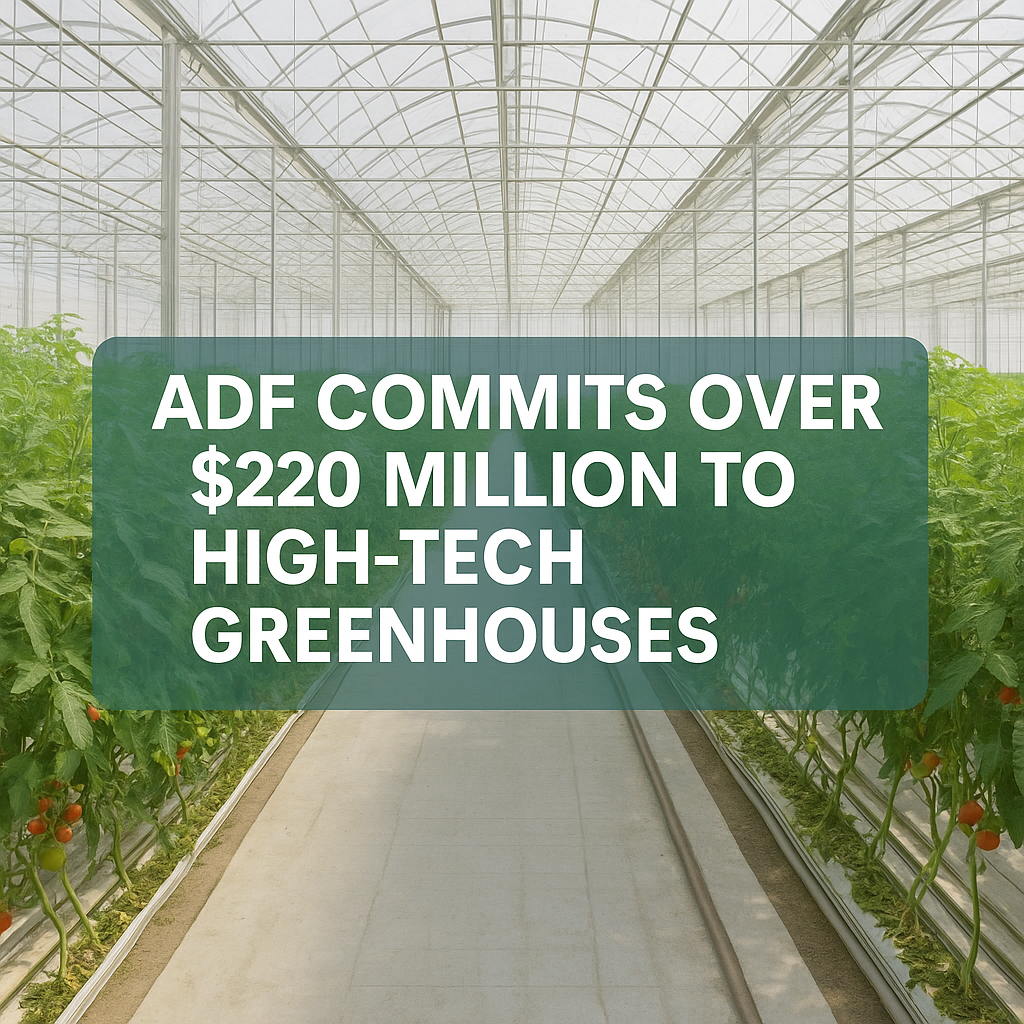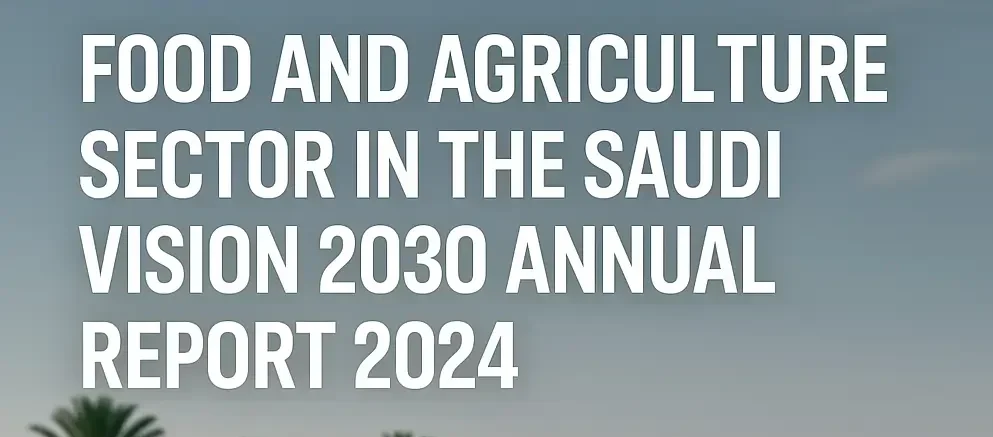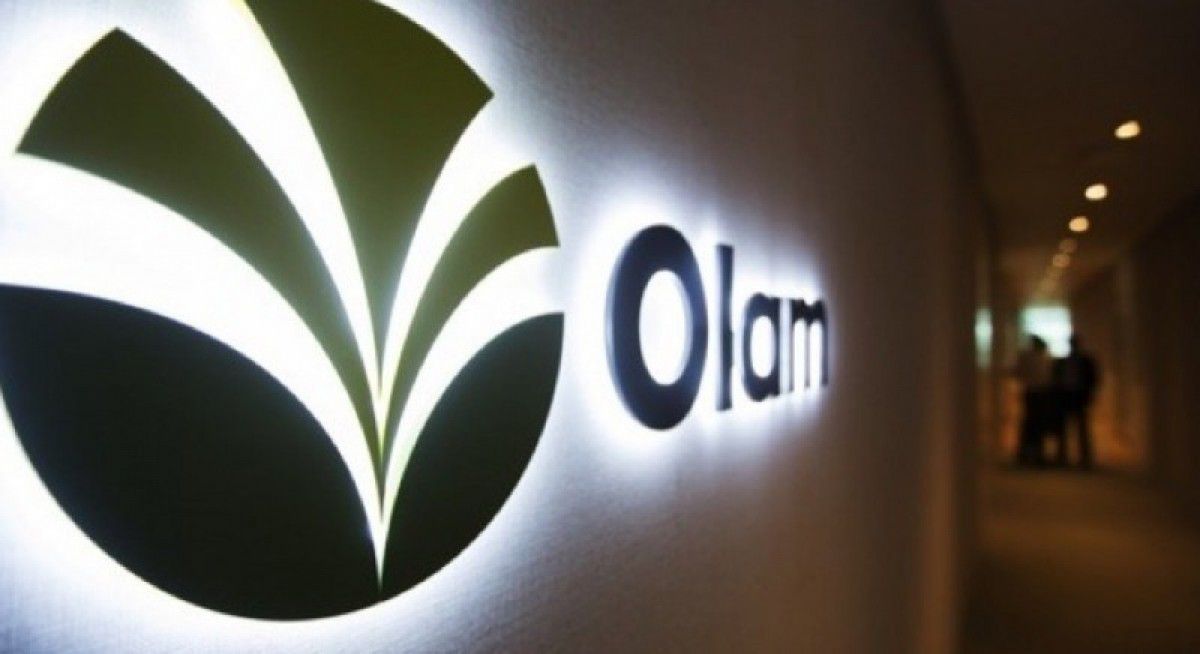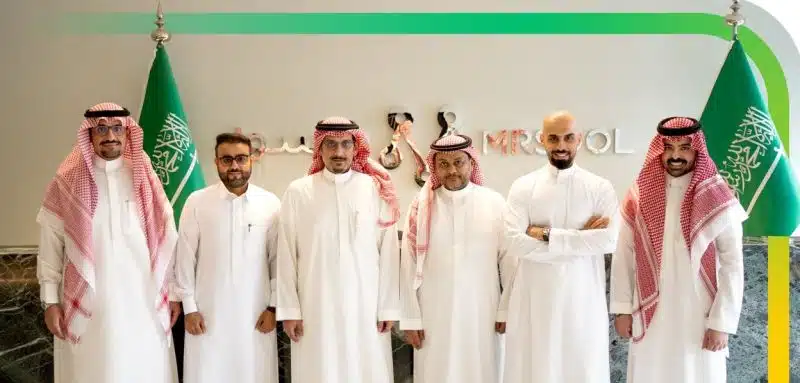Saudi Arabia – April 2025
As part of Saudi FoodTech’s commitment to tracking major developments in the food and agriculture sectors, this report highlights the most significant achievements in 2024 along the journey toward realizing Saudi Vision 2030. It also sheds light on key milestones, emerging investment opportunities for entrepreneurs and investors, and major transformations shaping the future of agriculture and food security in the Kingdom.
Vision 2030 Targets Related to Food and Agriculture
Achieving Self-Sufficiency in Key Food Products:
Vision 2030 aims to achieve high levels of self-sufficiency in dairy, eggs, and other essential commodities by 2030, ensuring that local production meets 100% of domestic demand. This goal has already been surpassed for dairy and eggs, with production exceeding 100% of local needs. Targets also include gradually achieving full self-sufficiency in poultry and seafood production over the coming years.
Increasing the Agriculture Sector’s Contribution to the Economy:
Vision 2030 seeks to raise the agriculture sector’s contribution to the Kingdom’s GDP and enhance its role in diversifying the non-oil economy. The goal is to double agricultural output by 2030 compared to the early years of the Vision. Notably, Saudi Arabia’s agricultural GDP reached approximately SAR 114 billion in 2024, setting a record and surpassing interim expectations.
Enhancing Food Security and Reducing Waste:
The Vision aims to ensure the availability and price stability of food supplies across the Kingdom, while reducing food loss and waste by around 50% by 2030. Currently, food waste is estimated at more than 33% of total food, costing around SAR 40 billion annually. National programs aim to cut this rate to approximately 15% through awareness campaigns and supply chain improvements. The Vision also targets improving Saudi Arabia’s ranking in the Global Food Security Index.
Global Leadership in Select Agricultural Products:
The Kingdom seeks to enhance its global competitiveness in the export of Saudi food products. For example, Saudi Arabia maintains a leading position in the global date sector, aiming to preserve its leadership in both production and exports. Additionally, broader goals include raising the overall value of food exports, with initiatives like the Jeddah Food Cluster aiming to contribute SAR 8 billion annually to national exports over the next decade.
Sustainable Agricultural Development and Resource Protection:
Vision 2030 emphasizes the sustainable use of natural resources in agriculture by improving water efficiency for irrigation and expanding the use of modern agricultural technologies, such as smart and vertical farming, to boost productivity without depleting resources. The Vision also includes plans to enhance vegetation cover and combat desertification under the Saudi Green Initiative, with a long-term goal of planting 10 billion trees and rehabilitating degraded lands to increase arable areas.
Summary of Achievements and Opportunities in the Food and Agriculture Sector (2024)
The Saudi food and agriculture sector achieved remarkable milestones in 2024 on its path toward Vision 2030.
The sector’s contribution to GDP reached a historic record of SAR 114 billion, reflecting the growing economic significance of agriculture in the Kingdom.
Saudi Arabia has achieved unprecedented levels of food self-sufficiency. Local dairy production covers 109% of domestic demand, while egg production meets 116% — meaning the Kingdom produces a surplus available for export. Other key products also witnessed significant improvements: poultry self-sufficiency increased to 60% (up from 40% in 2016), and seafood self-sufficiency reached approximately 55% of local demand.
In terms of food quality and health, Saudi Arabia made major strides, ranking among the top five countries globally for the absence of harmful trans fats in its food products.
This achievement reflects the success of Saudi regulatory bodies (such as the Saudi Food and Drug Authority) in raising food safety standards and improving product quality.
On the environmental sustainability front, more than 115 million trees have been planted across the Kingdom by the end of 2024 as part of the Saudi Green Initiative. These efforts have contributed to the rehabilitation of 118,000 hectares of degraded land and enriched the Kingdom’s biodiversity, including the reintroduction of over 7,800 endangered animals into their natural habitats.
These initiatives not only enhance the environment and climate resilience but also support agriculture by preserving soil health and improving water resources in the long term.
In sustainable water solutions, 2024 saw the launch of the world’s first solar-powered desalination plant in Saudi Arabia, providing a new, eco-friendly water source for irrigation and agricultural use at reduced costs.
Collectively, these outstanding achievements in food production, food safety, and environmental sustainability demonstrate the Kingdom’s rapid progress toward realizing the Vision 2030 goals for this sector.
Investment Opportunities and Entrepreneurial Prospects in the Food and Agriculture Sector
The Saudi food and agriculture sector is witnessing strong momentum, making it an attractive destination for local and international entrepreneurs and investors.
Several initiatives have been launched to stimulate investment and maximize value in this vital sector.
One major development is the establishment of the Jeddah Food Cluster in 2024, the largest food industrial cluster in the region, aimed at advancing food manufacturing, expanding production and storage capacities, and attracting SAR 20 billion in private sector investments.
This ambitious project is expected to boost national food exports by around SAR 8 billion annually and generate an estimated SAR 7 billion contribution to GDP over the next decade.
It represents a cornerstone opportunity for scaling local food production and positioning Saudi Arabia as a regional leader in food industries, opening up new horizons for Saudi companies and international partnerships.
Additionally, the Saudi agricultural sector is attracting global agricultural technology companies seeking to invest and transfer knowledge. In 2024, leading international companies from Europe and Asia opened regional offices in Saudi Arabia. Companies from countries such as the Netherlands, Spain, and China are now providing advanced technology solutions in smart farming and water conservation.
This international presence offers Saudi farmers and entrepreneurs a golden opportunity to collaborate, benefit from global expertise, and adopt cutting-edge agricultural innovations — including advanced aquaculture systems, high-tech greenhouses, and smart irrigation solutions using remote sensing technologies.
Investors also benefit from supportive government financing programs (such as loans from the Agricultural Development Fund) and national strategies like the Sustainable Agricultural Rural Development Program, which provides incentives for expanding organic and livestock food production projects.
Collectively, these developments are shaping a dynamic, rapidly evolving sector that combines economic growth with sustainability, offering wide-ranging opportunities for innovation, partnerships, and ensuring the Kingdom’s food security for the future.
